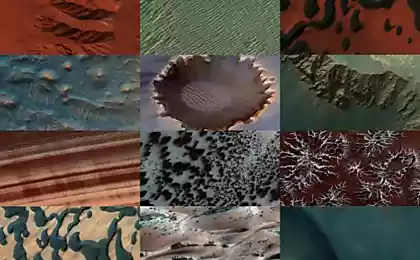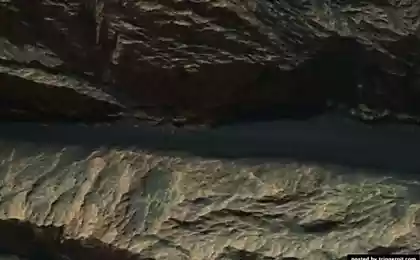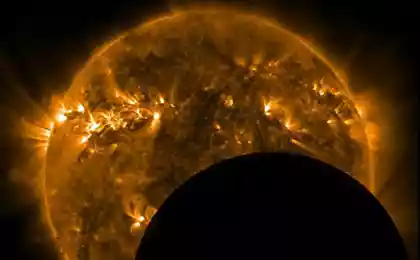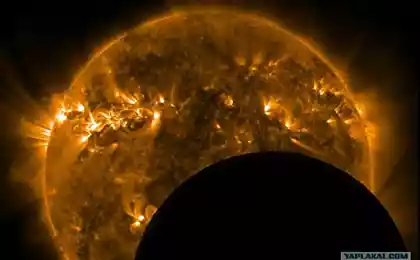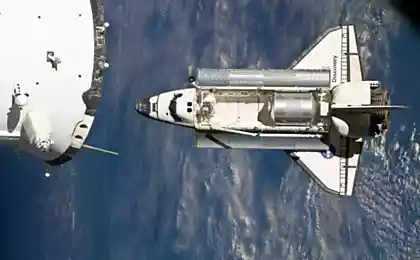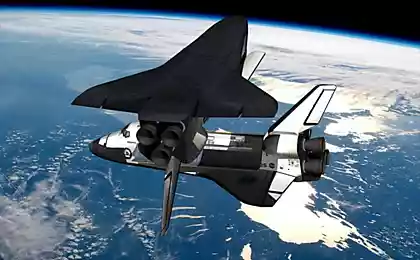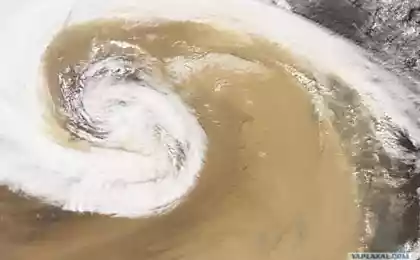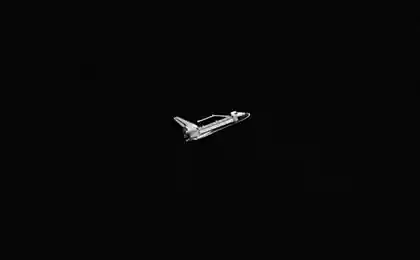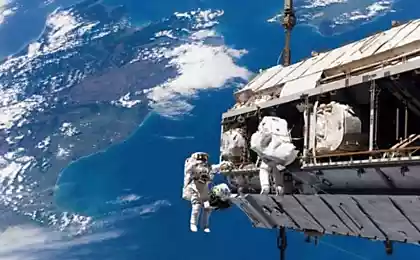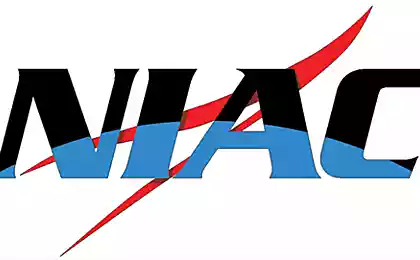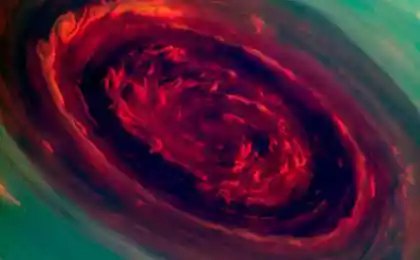818
NASA will use reflectors for charging equipment in the craters
"Terraforming - this change in the climatic conditions of the planet, satellite or other celestial body to bring the atmosphere, temperature and environmental conditions in a condition suitable for the habitat of animals and plants of the earth", tells Wikipedia. The magazine Popular Science used this term for a story about a new project of NASA. < br />
But in the case of this project, "terraforming" - is too loud word, уверен Mike Whittington (Mark Whittington). The agency plans to send only light in the shaded areas of the moon, to allow robotics to get the right amount of energy and save on radioisotope power sources for heating machines.
11,858,536
The concept of transformation of the moon. NASA i>
Shackleton crater is a priority for study in terms of the colonization of the moon, because it has the ice - it can be used as a source of water for the settlements.
The temperature in the crater Shackleton reaches 170 degrees Celsius below zero, and the shadow will not allow the batteries to charge cars. New project of NASA proposes to use reflectors made using the ancient art of origami. They will focus light on the robotic explorers, "illuminating" way machines.
Reflectors are placed around the crater. A reflector with a diameter of about forty meters can shine six miles into the crater and provide more energy-sized rovers Curiousity .
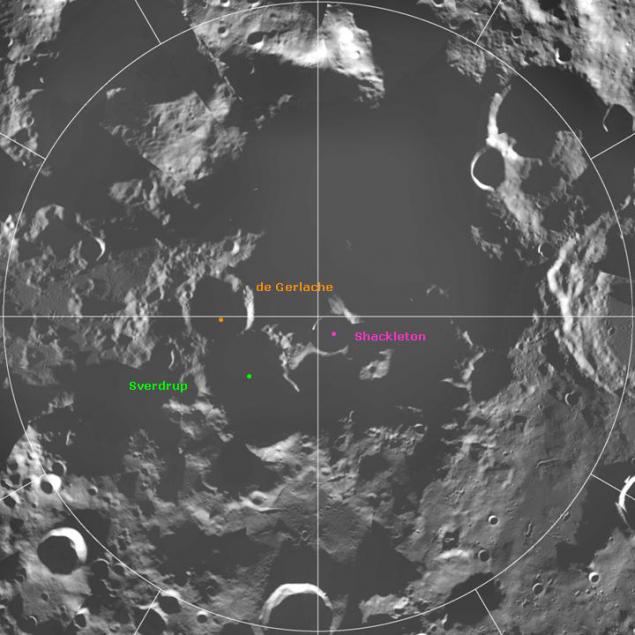
craters near the Moon's south pole. Википедия
The idea of using mirrors to deal with shadow on Earth already used : Norwegian town of Rjukan six of the twelve months in the shadow of the surrounding mountains, and to illuminate it in 2013 using three mirrors an area of seventeen square meters. Sydney skyscrapers One Central Park with the help of mirrors illuminate the surrounding area.
In space mirrors held several experiments, known as «Знамя». In 1992, from Baikonur launched "Progress M-15" with a solar sail 20 meters in width. February 4, 1993 created a spot reflector eight kilometers wide, which took Europe from the south of France in western Russia at a speed of 8 km / s. Spot was luminosity equivalent to the full moon.
Source: geektimes.ru/post/253250/
But in the case of this project, "terraforming" - is too loud word, уверен Mike Whittington (Mark Whittington). The agency plans to send only light in the shaded areas of the moon, to allow robotics to get the right amount of energy and save on radioisotope power sources for heating machines.
11,858,536
The concept of transformation of the moon. NASA i>
Shackleton crater is a priority for study in terms of the colonization of the moon, because it has the ice - it can be used as a source of water for the settlements.
The temperature in the crater Shackleton reaches 170 degrees Celsius below zero, and the shadow will not allow the batteries to charge cars. New project of NASA proposes to use reflectors made using the ancient art of origami. They will focus light on the robotic explorers, "illuminating" way machines.
Reflectors are placed around the crater. A reflector with a diameter of about forty meters can shine six miles into the crater and provide more energy-sized rovers Curiousity .

craters near the Moon's south pole. Википедия
The idea of using mirrors to deal with shadow on Earth already used : Norwegian town of Rjukan six of the twelve months in the shadow of the surrounding mountains, and to illuminate it in 2013 using three mirrors an area of seventeen square meters. Sydney skyscrapers One Central Park with the help of mirrors illuminate the surrounding area.
In space mirrors held several experiments, known as «Знамя». In 1992, from Baikonur launched "Progress M-15" with a solar sail 20 meters in width. February 4, 1993 created a spot reflector eight kilometers wide, which took Europe from the south of France in western Russia at a speed of 8 km / s. Spot was luminosity equivalent to the full moon.
Source: geektimes.ru/post/253250/
Neuroscientists managed to combine in a working network brains of several animals
6 Reasons NOT BE psychotherapists
